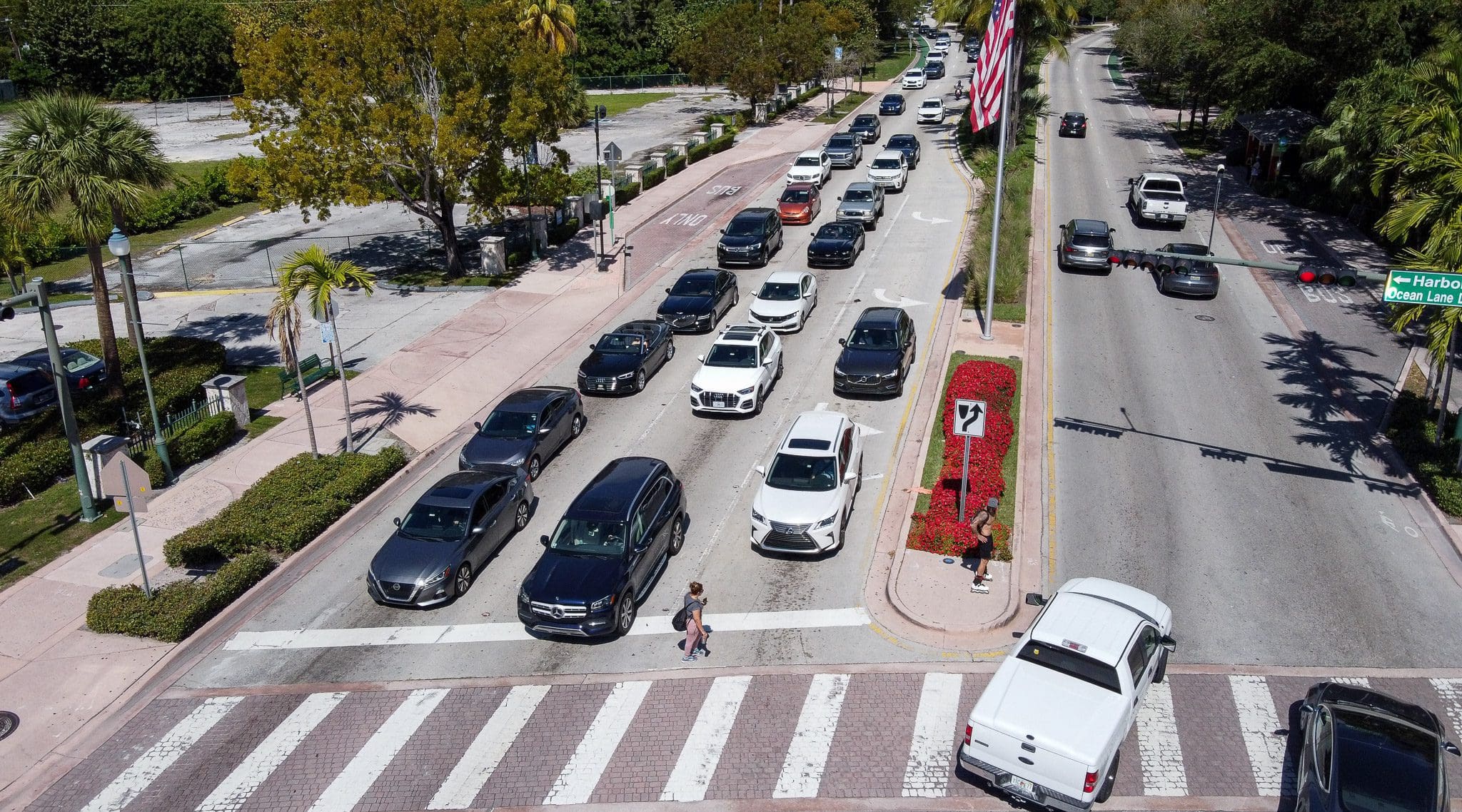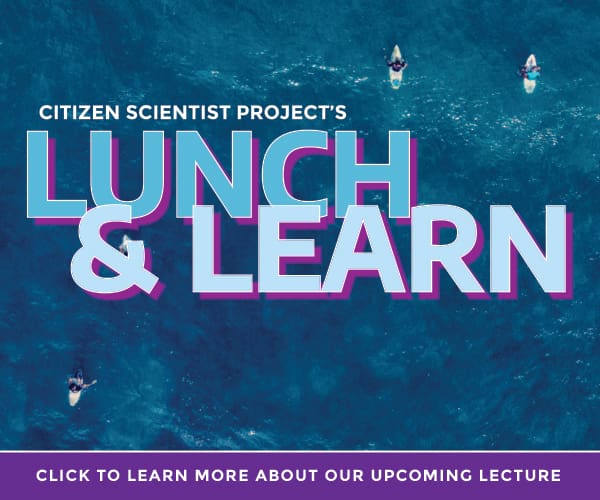Vision planning is hard.
This was my recurring thought as I spent much of the last several days participating in the Village of Key Biscayne Vision Plan Board public sessions facilitated by DPZ CoDesign, an urban planning firm. The sessions so far have been a good mix of expert-led exposition and thoughtful ideas from involved citizens. But something happened often enough that it drew my attention: people expressing frustration with the whole idea of a vision plan.
- “What’s the point of all this ‘vision talk’ when what we really need is X immediately?”
- “Shouldn’t we first figure out how much all this might cost and where the money will come from?”
- “What’s the point of having a vision for a property unless we are the owners?”
- “So after all this talk have we now solved sustainability?” (Referring to less than an hour spent discussing a low-lying barrier island’s multiple water-related vulnerabilities.)
- And a few more similar, and I assume earnest, questions.
It got me thinking. Why is talking about and formulating a vision plan so hard for many people?
It seems to me that there are several good explanations. The first explanation that occurs to me is anthropological. Throughout the vast majority of the history of our species, basic survival has been the crucial, urgent priority. The cave dwellers who held court around the fire describing a vision plan for clearing land for crops and livestock? That was a bit scary.
The listeners were no doubt thinking, doesn’t he realize that all that work will take a great deal of effort over weeks? What if his plan doesn’t work? Shouldn’t he just focus on helping us bag a deer or find a fruit tree tomorrow? If we listen to her/him, we could all end up dead. So, our caution in the face of vision planning is deeply ingrained and perhaps even honed by evolution.
Another explanation is stylistic. Many people, especially successful ones, are doers — they like to move briskly from talking about a problem to taking action on it. They believe that this approach is a key aspect of their personal success formula. Decisiveness is admirable and everyone wants to be admired. Even the way we tell success stories reinforces this. Typically such stories are a chronological list of actions and corresponding accomplishments. Who wants to hear about the countless hours spent planning, doubting, and reconsidering? This creates the perception that successful people don’t formulate vision plans or, if they do, they do it quickly, even instinctively. Spending significant time and effort on visions and plans is not what many of us believe is the style of the most successful.
For other people, vision planning seems like a distraction. There are immediate priorities that should be our focus. Any time and resources devoted to vision planning is, in a zero-sum formulation, taking away from urgent needs. For these people, vision planning is wasteful, disrespectful, and even dangerous. In their eyes, vision planning is accepting or ignoring current problems. They expect organizations, even fairly large, complex ones like a Village with a council, multiple departments, and committees to laser-focus on the very top and most immediate priorities. On some level they presumably know that this isn’t realistic or preferable but it’s rhetorically satisfying.
Cost is also often a rationale for short-circuiting a vision plan. Many possibilities in an ambitious vision plan will be expensive, or at least can appear to be from a shortsighted perspective. It’s the nature of a vision plan to start with brainstorming. Aiming high, stretching imaginations, and considering seemingly outlandish ideas is essential to a fruitful brainstorm. Very often an idea that initially seems expensive or otherwise unfeasible can end up being so impactful that the cost or difficulty is overwhelmed. But some people just can’t resist shooting down an idea as quickly as possible due to its purported unreasonable cost.
On the beach of life, there are kids that build sandcastles — and kids that kick them down.
Vision planning is important. Important things are hard. Vision planning is a luxury you can’t afford if your very survival is imminently imperiled. But it’s also an obligation if you are going to thrive long-term.
Vision planning doesn’t come easily and can be uncomfortable to many people for various reasons including those mentioned above. But, done well, vision planning can be transformational — just ask those extraordinary cavemen that finally had the vision and courage to plan and build a farm. Godspeed.
Quality, nonprofit journalism depends on readers like you. Donate today


